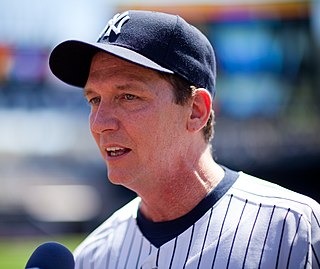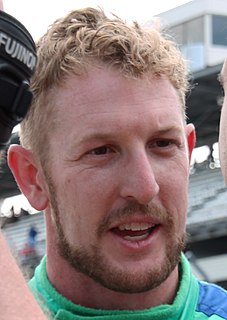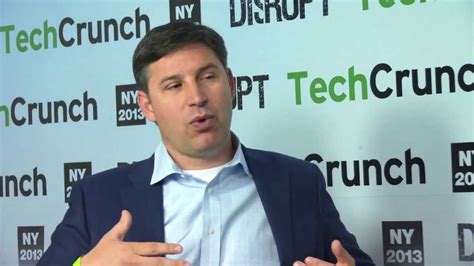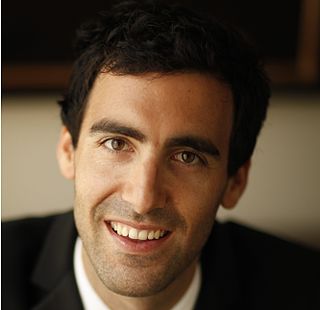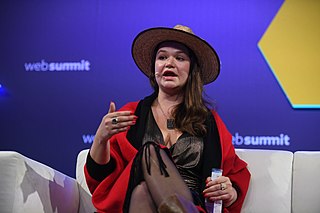Top 1200 Data Structures Quotes & Sayings - Page 4
Explore popular Data Structures quotes.
Last updated on December 4, 2024.
When people criticize me for not having any respect for existing structures and institutions, I protest. I say I give institutions and structures and traditions all the respect that I think they deserve. That's usually mighty little, but there are things that I do respect. They have to earn that respect. They have to earn it by serving people. They don't earn it just by age or legality or tradition.
When we think of globalization we are thinking in part of structures and institutions that have been developed over time and that have allowed us to become more interdependent and interrelated. But the development, the extraordinary development, of those structures and institutions has not fundamentally transformed our humanity. We are still those animals with fears and anxieties and insecurities in the face of death and dread and disappointment and disease.
Having a love ethic, as opposed to simply being in love, or having a lover, means love is the way you actively choose to engage with the world - whether you're in a relationship or not. It's not about disappearing into existing structures, norms, and privileges. It's precisely about breaking with the existing structures, values, and norms that prohibit real love in our culture.
On all levels, evolution occurs in response to a crisis situation, not infrequently a life-threatening one, when the old structures, inner or outer, are breaking down or are not working anymore. On a personal level, this often means the experience of loss of one kind or another: the death of a loved one, the end of a close relationship, loss of possessions, your home, status, or a breakdown of the external structures of your life that provided a sense of security.
Every day, I absorb countless data bits through emails, phone calls, and articles; process the data; and transmit back new bits through more emails, phone calls, and articles. I don't really know where I fit into the great scheme of things and how my bits of data connect with the bits produced by billions of other humans and computers.
Although someone's vote may hurt me by supporting the structures in place that hold people of colour, women, and LGBT+ people down, some people just don't realise that these structures exist. The way someone votes doesn't make them a bad person; it just means that, at the time, this was the best decision they thought they could make.
This new large-scale spiritual awakening is occurring primarily not within the confines of the established religions, but outside of those structures. Some of it, however, is also happening within the existing churches and religious institutions wherever the members of those congregations do not identify with rigid and exclusive belief systems whose unconscious purpose is to foster a sense of separation on which the egoic mind structures depend for their survival.
